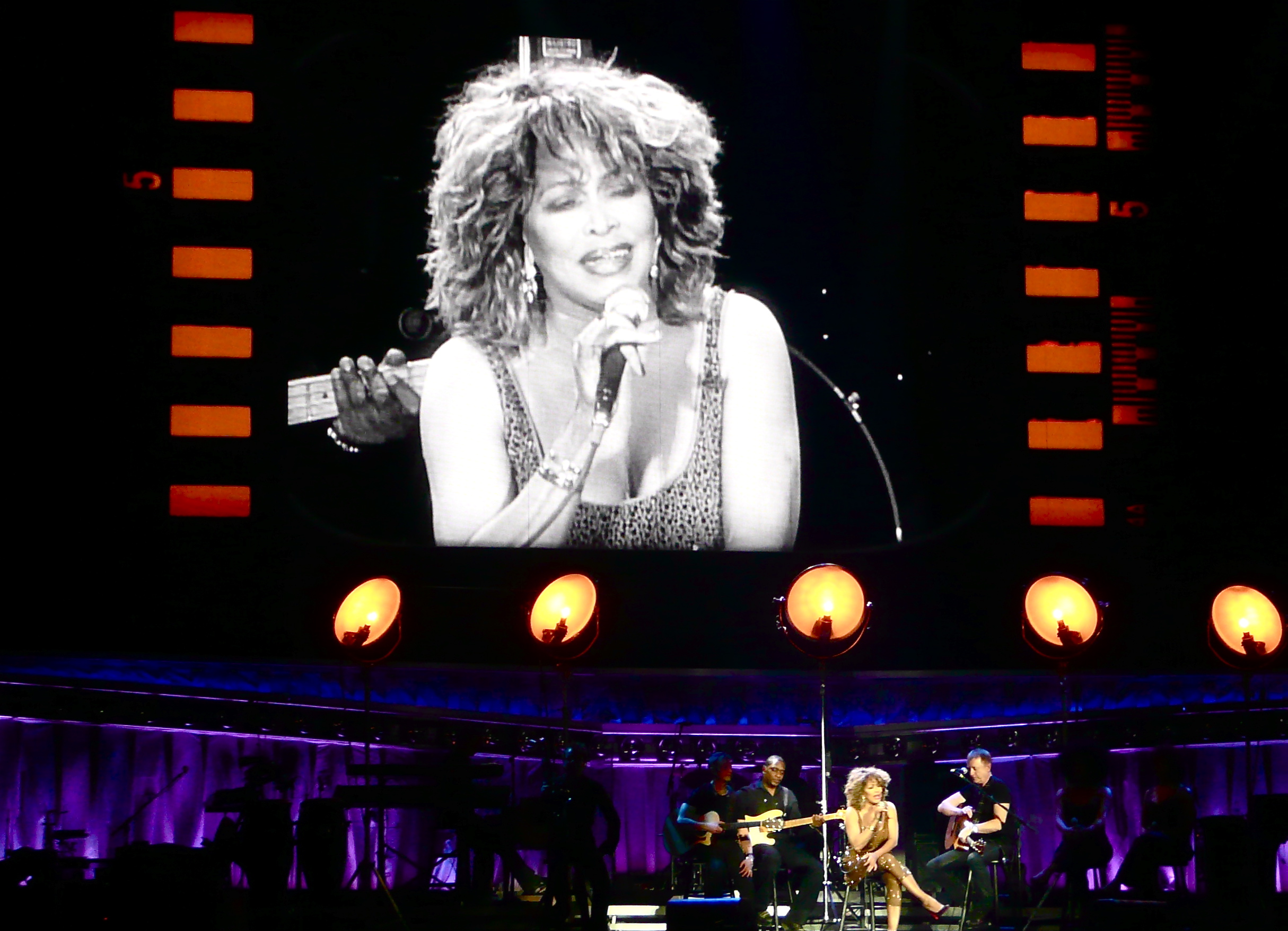THE late Tina Turner was known for her unique voice, on-stage presence and being the Queen of Rock and Roll. But more than 40 years after she went public about the emotional, physical and sexual abuse she suffered from her former husband Ike Turner, she is still known and lauded for being a survivor of abuse and an inspiration to women everywhere.
Tina Turner started her singing career in the late 1950s with her former husband and made music that became famous worldwide. But behind the scenes, this woman was repeatedly beaten and sexually assaulted by her husband, to the point of having to perform with blood in her mouth and a broken nose. This continuous violence led to her not just leaving her abusive marriage but being unafraid to share her story to the world about the violence she endured.
Consequences of speaking up
The NFHS-5 has reported that 29.3% of married women in India have suffered spousal violence. But these are only the reported figures. The actual number could be much higher if women did not face obstacles to speaking up about domestic violence. When women come forward about abuse, they open themselves up to intrusive scrutiny and are often labeled a part of the problem. In many countries, the laws to protect women from abuse are not enforced and in the case of rape within a marriage, these laws do not even exist.
The pressure on women to cover up abuse for the sake of the family or social standing is also a major factor in perpetuating violence. Then there is the personal angle. The shame and helplessness that victims of abuse are associated with is an unjust and uncomfortable characterization. Being pitied is not the objective, but our social prejudices often label women in such a manner, and this does not help them seek help and rebuild their lives with confidence. For these reasons, many women remain silent on violence within their homes.
What is domestic violence?
There are various forms of abuse, and each places women in a position of fear and danger. Physical, psychological, emotional, sexual and financial abuse can permanently damage a person and its consequences can include psychosocial issues, injuries, disfigurement, hospitalization and even death. Furthermore, the impact of domestic violence on children can lead to anxiety, developmental issues or even adopting violent behaviour.
How NGOs help
While there are laws to prevent or deal with domestic abuse, the reality is that many women are not able to access these forms of help. Unable to speak to people or leave the house, women are in need of end-to-end services that ensure they are removed from the abusive situation and have all the information they need to make the best decision for themselves and their dependents.
Here are 5 NGOs helping victims of domestic abuse:
Majlis Manch
Legal support is the focus of Majlis Manch. The NGO makes women aware of their rights and provides support during the legal process and social support, such as access to medical and counselling services to help women receive the help they need to rebuild their lives. Founded in 1991 by advocate Flavia Agnes, Majlis Manch is a team of female lawyers and social activists in Mumbai that provides legal representation to women, defends women’s rights and ensures that no laws that discriminate against women are passed. Donate to Majlis Manch to help more women access legal support.
Sayodhya Home for Women in Need
Women and children fleeing dangerous and violent situations often need a transit home to give them shelter and protection until they are ready to take their next steps. Sayodhya Home for Women in Need in Hyderabad has offered this since 2010. In addition to a safe environment, the NGO provides psychosocial counselling and training to help women recover from their trauma and build confidence so they can make good decisions about their future. Donate to Sayodhya Home for Women in Need to give women who are escaping abuse a place of safety and rehabilitation.
The Baale Mane Trust
Girls between the ages of 6 to 18 who have suffered domestic violence and have no support are cared for by The Baale Mane Trust. Started in 2001 in Bengaluru, this non profit organization gives these vulnerable girls a safe home to live in and long-term holistic support so they can create good futures. These girls and young women, some of whom are orphans, attend school, enjoy sports, job-readiness courses, classes in creative expression and rights awareness, and go on to attend higher education institutes. Donate to The Baale Mane Trust’s fundraiser on Give to help young victims of domestic violence.
International Foundation for Crime Prevention and Victim Care
Founded in 2001 in Chennai, International Foundation for Crime Prevention and Victim Care (PCVC) runs a 24-hour helpline for women in crisis, as illustrated in this short video. PCVC supports victims of abuse by providing crisis intervention services such as counselling, legal support, rehabilitation, shelter home, education, skills training and prevention programs. One of PCVC’s main services includes support for domestic violence burn survivors in KMC Hospital Burns Ward. Donate to International Foundation for Crime Prevention and Victim Care to ensure women receive timely help.
Sakhya Women’s Guidance Cell
Founded in 1987 to address dowry harassment and domestic violence, Sakhya Women’s Guidance Cell has expanded to promote gender equality and gender justice through counselling, legal assistance, shelter and rehabilitation. The Mumbai-based NGO also conducts community outreaches such as street plays and workshops in railway stations, hospitals and educational institutions to raise awareness of gender-based violence and help women access justice. Donate to Sakhya Women’s Guidance Cell and help protect and promote the rights and welfare of women and girls.
Leaving an abusive situation is not as easy as it sounds. Women and children face threats and intimidation, and the decision to leave often puts them in greater danger. It’s hard to forget Tina Turner recalling the night she left her abusive husband. “He beat me the entire way from the airport to the hotel.” When she arrived at the hotel, her face was bloodied and swollen and that night, she escaped and never looked back.
Even today, “Ike and Tina” is synonymous with an act of brutal violence and even has its own Urban Dictionary entry. But the late singer is an example of what a survivor of abuse can accomplish with the right support and the will to stop the abuse. Ensuring that women can survive domestic violence starts with recognizing its prevalence. Engaging in change-making discussions about domestic violence and donating to these fundraisers can help more women survive abuse.

Shirley has been in the development sector for over 10 years and is passionate about making a change in the world around her, including adopting dogs and writing to make a difference.
Discover more from
Subscribe to get the latest posts sent to your email.

